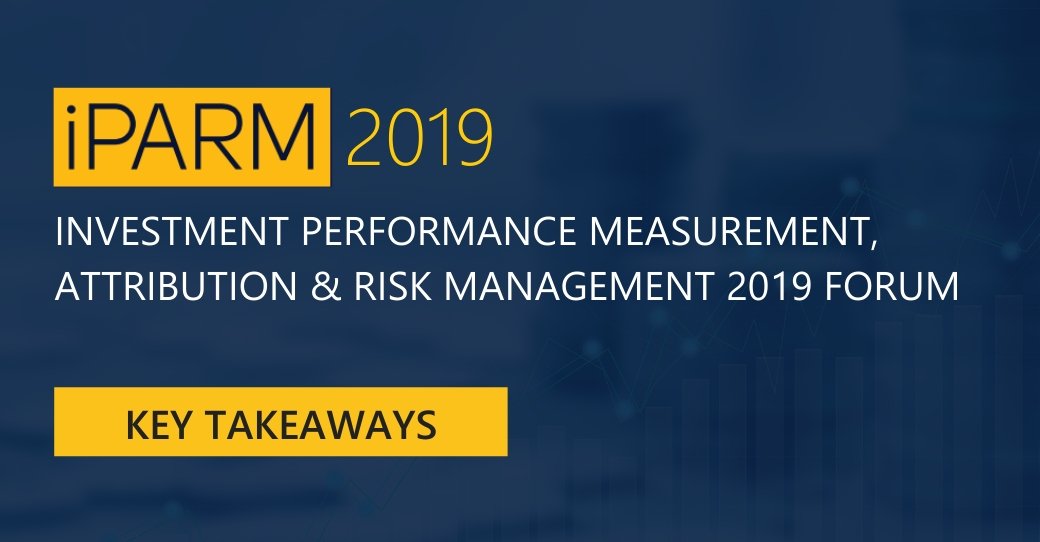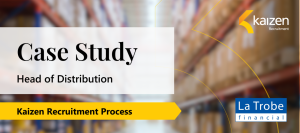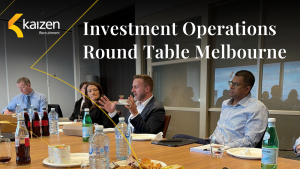Investment Performance Measurement and Risk Management (iPARM) Forum – 2019
Kaizen Recruitment attended the Investment Performance Measurement and Risk Management (iPARM) 2019 forum, hosted by IBR Conferences over two days.
Discussions at the forum explored several key themes, including:
- Attribution modelling and methodologies to calculating performance;
- Highlighting the importance of asset owners to improve transparency and ‘measuring to be able to improve’; and
- The importance of quality and ownership of data.
Attribution Models/Methodologies
Vast methodologies were discussed in how performance should be calculated – some ideas proposed included a factor-based attribution approach or a re-engineering of existing approaches. However, different methodologies should be adopted depending on the fund structure such as overlay structures, liability matching vs return portfolios, and many more. The more interesting and practical approach was presented by Ortec Finance, who implemented a decision-based attribution approach for AustralianSuper. This approach requires thoroughly structuring and identifying the investment decision-making process and measuring the performance at each key decision point.
The recent updates with the Global Investment Performance Standards (GIPS) were also discussed at the forum. The GIPS are investment industry standards for calculating and presenting investment performance, aiming to improve transparency and comparability among investment managers.
With the 2020 edition update, the GIPS sought to better address applicability for asset owners, pooled funds as well as for alternative investment strategies and funds. The panel contended that the benefits should encourage not only asset managers but also asset owners to be GIPS-compliant. Some of the benefits discussed were having a greater level of oversight and transparency into returns, and demonstrating the asset owner’s commitment to compliance at a global scale.
Superannuation – Improving Member Outcomes
From the APRA Heatmap initiative, superannuation funds are lifting standards and ‘raising the bar’ in their transparency of costs, ultimately affecting members. Discussions explored into the costs that should be measured and improved.
Superannuation funds face an insurmountable pressure to deliver greater returns from a fee perspective. Issues discussed include closet indexing, broader principal-agency issues, and evolving fee structures. In addition to the zero-management fee solution that is starting to gain traction across passive funds, other ideas exchanged included incorporating innovative and strategic benchmarks based on risk metrics, given the consensus that there will always be a role for active managers to play, especially in the private markets.
The importance of measuring implementation frictions, such as tax and transaction costs, was also explored. The main takeaway from these discussions were to improve visibility in costs, because ‘what cannot be measured cannot be controlled’. Although seemingly insignificant, the compounding effects of such controllable costs can prove very detrimental to member outcomes. Without absolute transparency to quantify leakages, decisions influenced by a fee focused perspective may result in selecting sub-optimal investment outcomes for members.
Other discussions delved into how superannuation funds should consider adopting alternative approaches to how they should be measuring performance and determining appropriate benchmarks, and in turn, view their strategic allocation of assets. Examples included a long-horizon approach, and an income-stream approach as opposed to a wealth maximisation approach.
Quality and Ownership of Data
The panel discussion provided useful insights into the importance of data integrity in an organisation. Because the performance analytics profession is founded on providing analytics on investment decisions, the risks of not providing accurate and reliable performance and risk data can prove detrimental.
When speaking about the importance of balancing spending and costs, the panel contend that organisations should be more focused on the risks and implicit costs to the business for not employing quality data. Examples include cost of time, reputation/credibility, and duplication of effort.
In order to cultivate a data steward culture and ensure the treatment of data as an organisational asset, firms should be advocating, recognising, and rewarding for cross-functional efforts. Other interesting discussions included obtaining the best value from index vendors for benchmark data, and where to ‘draw the line’ in owning versus outsourcing data warehousing.
Conclusion
Increasingly, performance and risk analytics professionals are evolving their skillset, from ‘returns-crunching’ to providing investment insights and how to improve investment decision-making. In conclusion, the forum revealed that the performance analytics profession is evolving the investments industry. This is truly an exciting time to start your career in performance for any aspiring investment professionals with an analytics background.
On behalf of Kaizen Recruitment, I would like to personally acknowledge and thank Jay Nair and his team from International Business Review Conferences (IBR Conferences) for hosting the event and continuing to support the industry, those who sponsored the event, including Eagle Investment Systems LLC, CFA Societies Australia and Ortec Finance, as well as the industry leaders who attended and shared their experiences and insights.
For all investment performance analytics roles within funds management and superannuation, please contact Jewel Dcruz on +61 412 123 706 or jewel@kaizenrecruitment.com.au.
Kind regards,
Jewel Dcruz – Recruitment Consultant
Kaizen Recruitment specialises financial services recruitment across funds management, wealth management, superannuation, investment consulting and insurance. We are based in Melbourne and Sydney. For assistance or further information please telephone our office at +61 3 9095 7157 or submit an online form.
Like what you see?
Please feel welcome to join
Kaizen Recruitment’s mailing list











